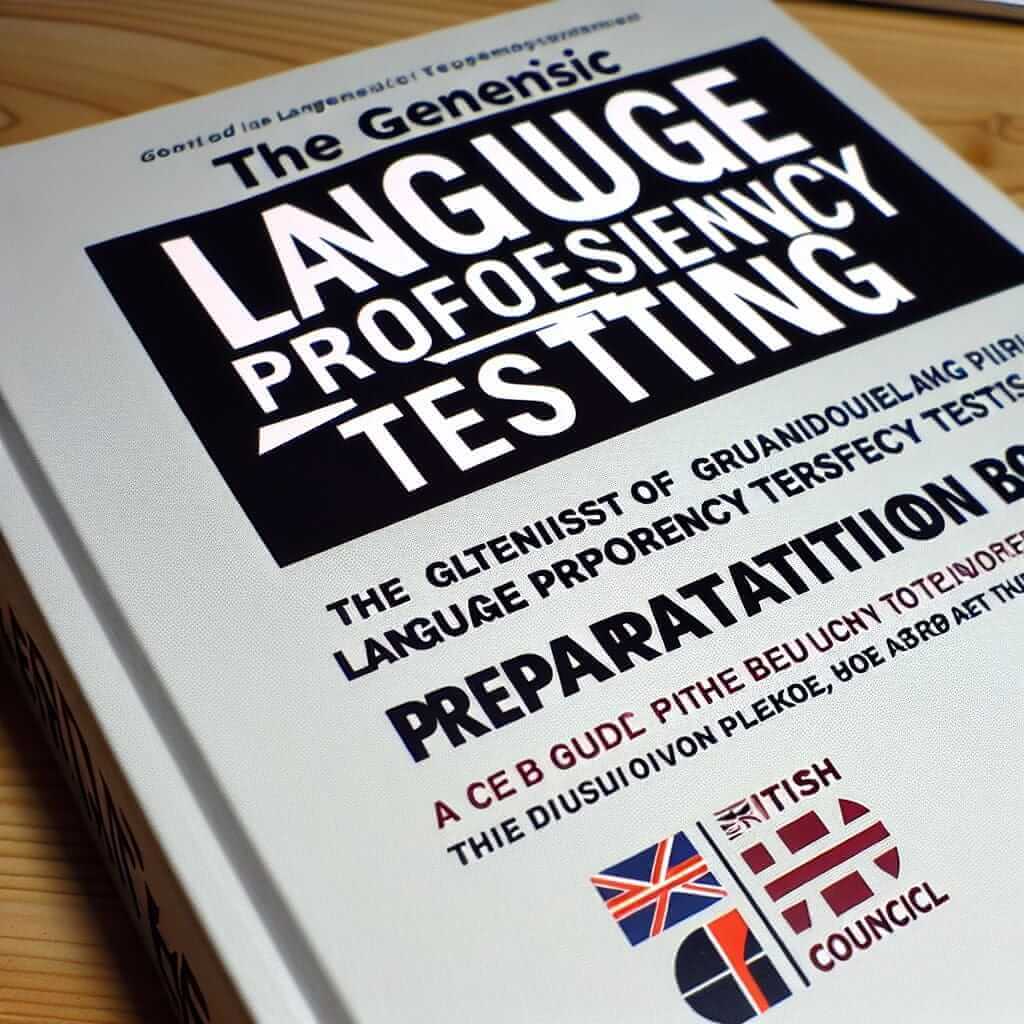The International English Language Testing System (IELTS) is a globally recognized English language proficiency test. Whether you’re aiming for higher education, professional registration, or migration, achieving a desirable IELTS score is often crucial. As an IELTS instructor with over two decades of experience, I’ve seen countless students navigate the intricacies of IELTS preparation. One resource consistently emerges as a top recommendation: the official IELTS preparation books by the British Council.
Understanding the Value of the British Council IELTS Preparation Book
This isn’t just any preparation book; it’s crafted by the very institution that co-owns the IELTS exam. This means you’re getting:
- Authenticity: Content is aligned with the most current format and standards of the IELTS exam.
- Expert Insight: Materials are developed by experienced IELTS examiners and language specialists.
- Comprehensive Coverage: The book tackles all four sections of the IELTS exam: Listening, Reading, Writing, and Speaking.
How to Effectively Use the British Council IELTS Book
- Start Early: Don’t wait until the last minute. Begin your preparation well in advance of your target test date to allow for ample practice and review.
- Familiarize Yourself with the Format: Use the book to understand the structure, timing, and question types of each IELTS section.
- Practice Regularly: Consistent practice is key. Work through the practice questions and sample tests provided in the book, simulating real exam conditions whenever possible.
- Analyze Your Performance: Don’t just focus on getting the answers right. Carefully review your mistakes to understand your weaknesses and areas for improvement.
- Target Weak Areas: Use the book’s resources to focus on the specific skills or areas where you require the most development.

Example from a Real IELTS Speaking Test
Let’s consider the Speaking section. The British Council book likely offers sample questions and responses for Part 1 (Introduction and Interview), Part 2 (Individual Long Turn), and Part 3 (Two-way Discussion). Pay close attention to the language used in high-scoring responses:
- Lexical Resource (Vocabulary): Look for topic-specific vocabulary and idiomatic expressions.
- Grammatical Range and Accuracy: Observe the use of complex grammatical structures and ensure accuracy in tenses and verb forms.
- Fluency and Coherence: Note how ideas are connected smoothly and logically.
- Pronunciation: While reading sample answers aloud, pay attention to clear and natural pronunciation.
Tips for Maximizing Your IELTS Preparation
- Combine Resources: While the British Council book is an excellent foundation, don’t hesitate to explore other reputable IELTS preparation materials.
- Seek Feedback: If possible, have an experienced IELTS instructor or English tutor review your writing and speaking practice, providing targeted feedback.
- Stay Motivated: IELTS preparation can be challenging. Set realistic goals, celebrate your progress, and maintain a positive mindset throughout your journey.
Remember, thorough preparation, consistent practice, and a deep understanding of the IELTS exam format are your keys to success. The British Council IELTS preparation book, used strategically, can be your invaluable guide on this journey. Good luck!